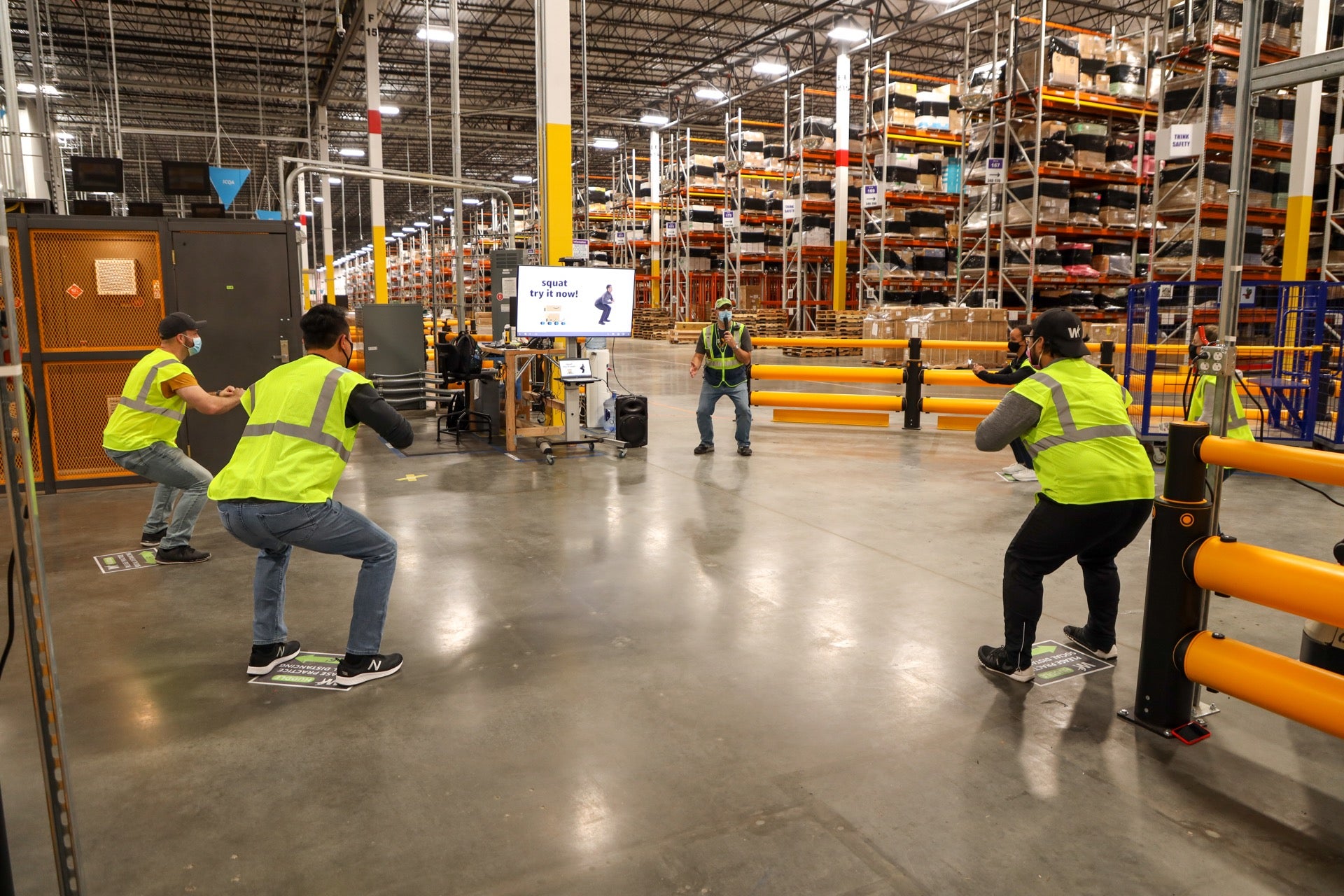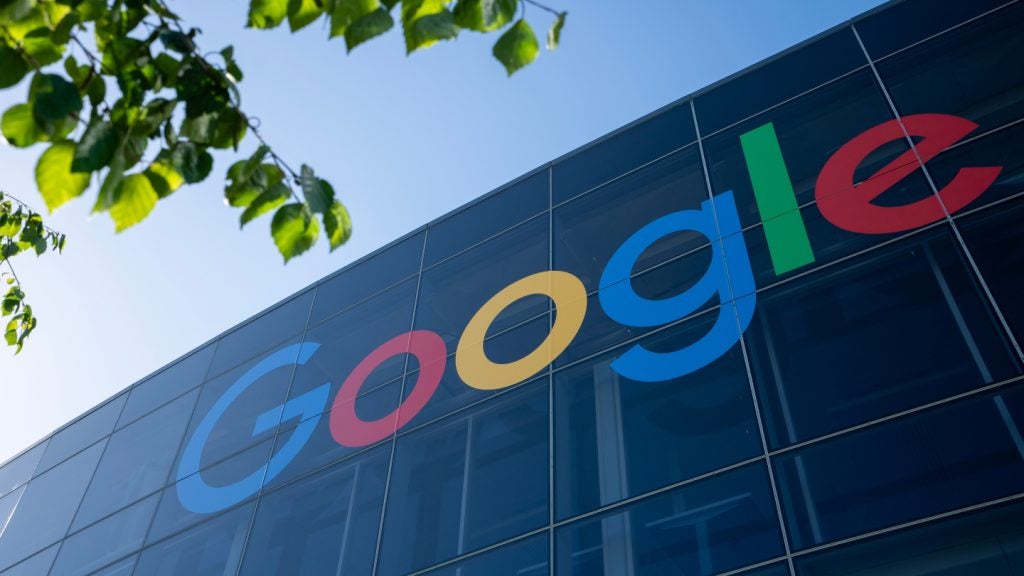In May 2021, Amazon launched AmaZen – designed to help improve the mental wellbeing of warehouse workers, the company described it as an ‘interactive kiosk where you can navigate through a library of mental health and mindful practices to recharge the internal batteries.’
Such gimmicks are not the answer to demands for better labor rights for low-income gig economy workers, who have faced significant uncertainty both before and especially during the pandemic.
Amazon can afford to loosen the purse strings
This feeble attempt at corporate wellness sits in stark contrast to the growth of Amazon during the pandemic. Amazon’s net sales increased 44% to $108.5bn in the first quarter of 2021. In summer 2020, the company also terminated the temporary $2-an-hour wage increase for Covid-19 relief in the US in favor of occasional bonuses.
Amazon is the fifth largest employer in the world by number of employees. Over the last year, the company has expanded its warehouse operations due to increased demand. From May 2021, Amazon plans to add five new warehouses in the UK, creating 10,000 new jobs.
The corporate wellness trend is on the rise
The market for corporate wellness schemes has exploded in recent years. In 2019, a report sponsored by the Department of Labour and the Department of Health and Human Services found that over 80% of US companies had implemented some corporate wellness benefit.
The pandemic made consumers increasingly reliant on gig economy workers for home delivery services. Currently, gig economy workers represent around 35% of the US workforce. PWC expects the gig economy in the UK to be worth £140bn in 2025, up from £7bn in 2016. Safeguarding employment rights, as well as the physical and mental wellbeing of these workers, is vital.
How well do you really know your competitors?
Access the most comprehensive Company Profiles on the market, powered by GlobalData. Save hours of research. Gain competitive edge.

Thank you!
Your download email will arrive shortly
Not ready to buy yet? Download a free sample
We are confident about the unique quality of our Company Profiles. However, we want you to make the most beneficial decision for your business, so we offer a free sample that you can download by submitting the below form
By GlobalDataLandmark rulings favour gig economy workers.
On 27 November, warehouse workers in Poznań, Poland, went on strike to demand ‘better working conditions for all company warehouse employees around the world.’ Chief among their complaints was that they were only allowed an unpaid 30-minute break within a 10-hour shift. More generally, workers in Amazon warehouses are collectively tasked with processing over 1 million orders in the space of 24 hours. This takes a significant toll on their physical wellbeing.
In February 2021, the Federal Trade Commission (FTC) ordered Amazon to repay almost $62m in tips to drivers for its Flex delivery service. The company was found guilty of misappropriating tips given to delivery drivers by Amazon consumers. The company has a history of using customer tips for delivery drivers to meet the minimum wage promises in areas where it operates.
Legal battles have hit other large gig economy employers. The UK Supreme Court ruled in February 2021 that Uber drivers are workers, not self-employed. Therefore, they are entitled to at least a minimum wage and holiday pay and protection from discrimination.
The aforementioned FTC investigation and the Supreme Court ruling were watershed moments for the gig economy. They highlighted that companies employing gig economy workers, like Uber and Amazon, are responsible for the welfare of these employees.
Businesses that have profited from the pandemic – Amazon being a prime example – use wellness trends to avoid dealing with material deficiencies such as pay, working hours, child-care, and dignity in the workplace. It is essential to couple corporate wellness initiatives with better working conditions, for both brand perception and increased employee productivity.








Related Company Profiles
Flex Ltd
Amazon.com Inc